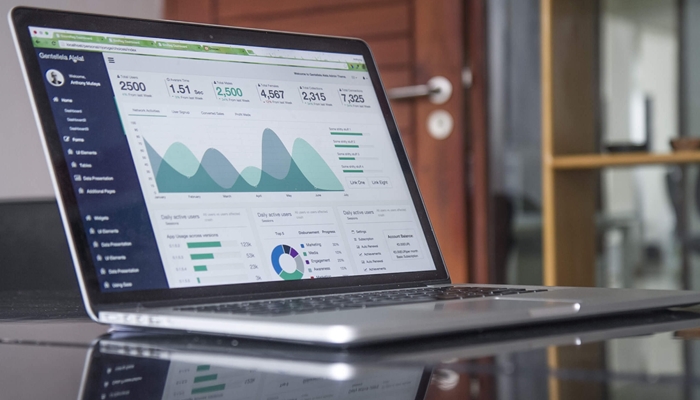Competing in the digital era is challenging for businesses across different sectors and businesses are adopting various advanced technologies. Digitalization is one of the crucial factors that has contributed to the transformation of the business. It refers to transforming the traditional business model into a digitalized model by integrating different technologies in several operations. By embracing digitalization and adopting new technology, businesses have been able to improve financial performance and create competitive advantages.
From interaction with customers to revenue generation, every business process is being transformed with the help of digitalization. It helps businesses stay ahead of the competition and increase productivity, increase workflow efficiency, explore new customer acquisition channels, enhance employee retention, and more innovations. Digitalization aids in providing improved insights for businesses that can help in better decision-making and reduce production costs and time by utilizing proper technologies.
Digitalization is being used to boost output and effectiveness across many industries for various environmental initiatives, worker safety, and product quality enhancement. Digitalization is used in cybersecurity solutions to save systems from various risks and attacks.
Businesses can access client locations and import data for a more tailored experience through digitization via mobile applications. Through digital connectivity, it can facilitate the exchange of insights regarding the product lifecycle across trading partners.
With its wide range of benefits, the adoption of digitalization can be challenging for businesses. One of the major concerns faced by digitalized businesses in the present era is cybersecurity. Due to digitalization, employees working at the organization can be reluctant to change in the working environment, thus leading to digitalization failure.
Several small and medium-sized organizations may lack the required resources and expertise to implement the change, leading to a failure in digitalization. The implementation of digitalization in businesses can lead to less standardization in the operations of the business thus impacting its revenue and productivity.
Application Of Digitalization Across Different Sectors
Manufacturing:
Digitalization in the manufacturing sector involves the application of technology that helps in improving processes such as design, production, and logistics. Examples of digitalization in manufacturing include the use of industrial IoT sensors, production process automation, predictive maintenance, supply chain optimization, quality control, energy management, and product design and development. These digital technologies have the potential to increase safety, quality, throughput, efficiency, revenue, and sustainability while lowering costs, allowing businesses to remain competitive. Digitalization can lead to improvements in safety, quality, output, efficiency, revenue, and sustainability while reducing costs to remain competitive in the marketplace.
Healthcare:
Digitalization has the potential to completely change the healthcare sector due to its ability to advance medical research, increase efficiency, and improve healthcare delivery. Virtual care and telehealth, data and analytics, diagnostics and triage, remote monitoring, and personal health management and wellness, are the five main areas of digital health where technology has a positive impact. The advantages of digitalization in the healthcare industry include better patient outcomes, greater efficiency, and easier access to healthcare services.
Education:
The term "digital transformation" in education describes the application of digital technologies to enhance the quality of instruction and learning. It involves the adoption of digitizing procedures to increase accessibility, and boost educational institutions' productivity and efficiency. Through interactive and customizable learning, digital transformation in education can increase accessibility and engagement.
Banking:
The banking industry has been highly benefited from digitalization. Banks can offer better customer services that save clients time and improve convenience by adopting digitalization. It has also decreased human error thus increasing consumer loyalty. The banking industry has transformed from being focused on products to being focused on customers due to digitalization. They are now providing tailored product experiences, seamless responses to queries, transparency, and security.
Energy:
The energy sector can benefit from digitalization in several ways including lower costs, more efficiency, and lower emissions. The International Energy Agency (IEA) states that digitalization can lower prices, increase resilience and efficiency, and lower emissions in the energy sector. It can help in energy transition by lowering the cost of access to electricity, enhancing power grid dependability, and facilitating the growth of distributed energy resources.
Retail:
The retail industry has witnessed a huge transformation as a result of the digitalization. This transition incorporates cutting-edge technologies to improve the entire shopping experience, optimize processes, and maintain competitiveness in the ever-evolving market. Retailers can provide a seamless shopping experience across several platforms, such as websites, mobile apps, and physical shopfronts, due to digitalization. Different retailers are utilizing digital technologies to target their offers and improve personal engagement with their customers.
Also Read:
Stay Ahead of the Curve: PropTech Industry Trends for 2024






